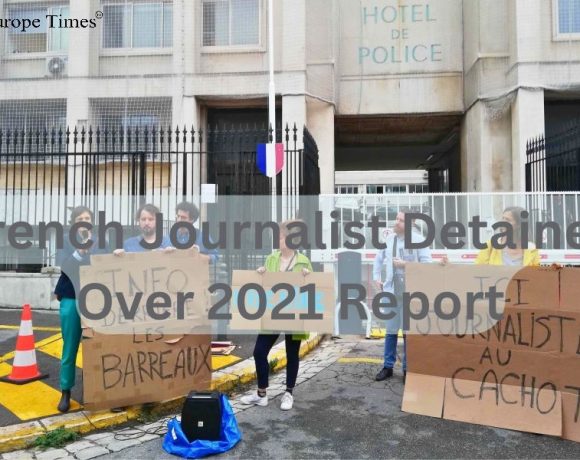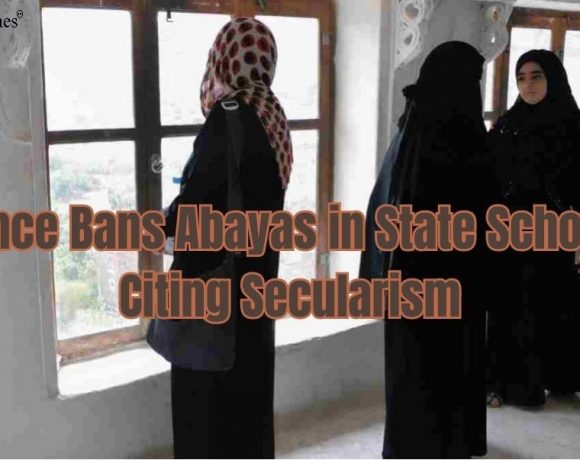
In Normandy, a vast manhunt is underway for Mohamed Amra, known as “The Fly,” who managed to escape from a police van in a shocking incident. The escape occurred while he was being transported back from a court hearing in Rouen. During the journey, the police van was forcibly stopped at a toll booth by a car collision. Following the collision, armed individuals attacked the van, resulting in the tragic death of two prison officers.
French authorities, led by President Emmanuel Macron and Interior Minister Gerald Darmanin, have mobilized significant resources to track down the perpetrators and capture Amra. The intensity of the search reflects the gravity of the incident and the determination to bring those responsible to justice.
Amra’s criminal background adds complexity to the situation. Recently convicted of burglary, he also faces charges related to a kidnapping case that resulted in a fatality. Despite his lawyer’s claims of ignorance regarding any escape plan, reports suggest Amra’s involvement in prior escape attempts.
Amra’s criminal history dates back to his teenage years, with ties to a gang in Marseille, although his record does not include convictions for drug-related offenses. The unfolding events have raised concerns about public safety and the effectiveness of security measures surrounding high-risk prisoners like Amra.
Picture Courtesy: Google/images are subject to copyright


